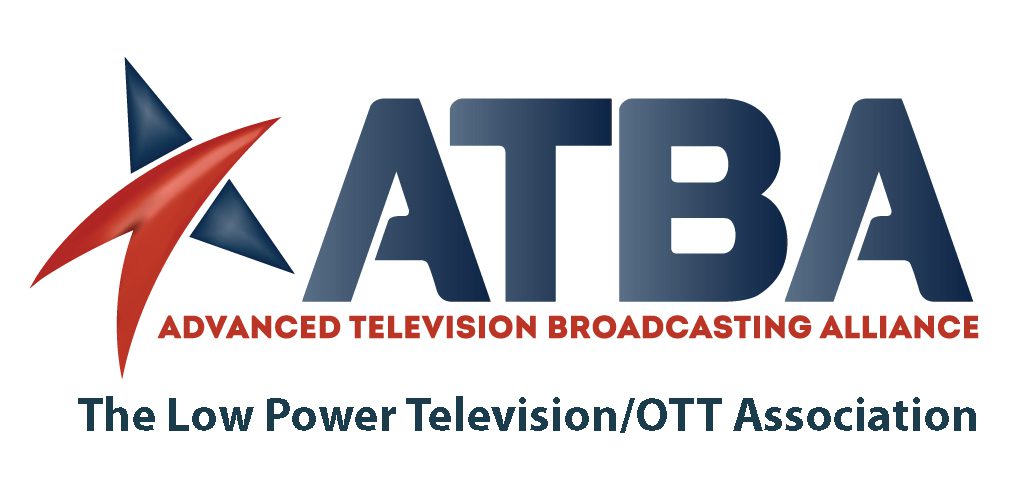The Federal Communications Commission has been criticized in recent years because of its substantive policy and its processes. Critics of the FCC have commented on its efforts to regulate internet service terms and broadband communications rates as well as its neglect to inform the public of its regulatory actions in a reasonable amount of time.
By these failures, the FCC has caused substantial loss to entities in the private sector and has undermined the rule of law by subverting the rules and regulations placed upon the government’s representatives to the people they serve. The FCC’s own actions, or lack thereof, are a call for its own regulatory reform.
According to an article on Heritage.org, the rule of law is a “bedrock element of the American constitutional system.” The rule of law says that government officials are bound by the law, and the law is superior to those officials. The actions of the FCC have demonstrated a lack of respect and obedience to the law that governs all citizens, especially government representatives.
The need process reforms was made evident even to the FCC itself, and the organization began what it called a “process reform initiative” in 2013. Congress has also reprimanded the FCC. The House of Representatives passed H.R. 2583 or the FCC Process Reform Act of 2015 which “require[s] the FCC to make certain changes to its rules within one year, with the goal of improving agency processes and making the commission more transparent, efficient, and accountable.”
Yet, even with the reforms in place, there are still present concerns with procedural inadequacies and the meager steps taken to fix them. For example, Heritage Foundation Senior Research Fellow James Gattuso said that the problem of FCC overreach “requires substantive reforms, and will not be solved by procedural tinkering.”
For more information on the need for the FCC to adhere to the Rule of Law, click here.











